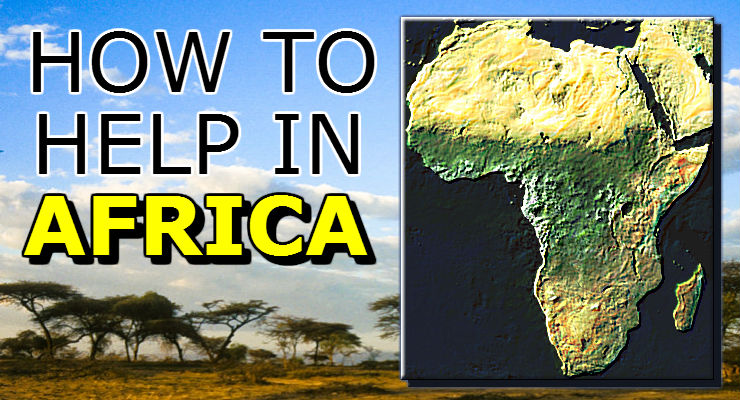
Between 2018 to 2019, elections will be held in more than 31 of Africa’s 54 Countries. The African Union (AU) has asked member states to invite AU teams to publicly monitor elections and where possible report the results. The AU hopes that an African-run system for observing and assessing democratic elections in the continent will help bring a democratic peace that can enable development in the continent.
The AU faces age-old challenges in ensuring that democracy becomes entrenched in member states, notably the numerous African leaders refusing to relinquish power. African leaders are reputed to have a taste for long-stays in power. Many of these leaders have held power, and several others continue to do so, well beyond three decades of one person rule.
The modern version of this has been called ‘state capture’. This is when democracy and elections become nothing but a disguise of practices that were before attributed to the tragic ‘One-Party’ system that Africa witnessed between 1960 and 1990. The AU club is of course attended by some of these same leaders. It is hard to see how its election monitoring program can bear real fruits as its attendees only pay lip service to the democratic ideal at home.
Change is possible, but the AU seems to think democracy is only the holding of free, fair and transparent elections. Democracy is a fine system for deciding between conflicting ideas and can be a path towards democratic peace. Credible elections are necessary for peace in Africa, but credible elections are insufficient to consolidate real democracy. National circumstances vary. Other additional conditions like freedom of expression, the right of assembly, and an independent nonpartisan judiciary to resolve disputes and ensure the rule of law predominates.
David Anderson says
Good piece, Ms.Ngum, very needed. Permanent presidents along with attendant corruption are Africa’s largest problem – everything stems from that. I imagine living in Cameroon you’re well familiar with those issues. Regards, David NYC